
In the construction industry, the setting time of gypsum products is crucial for efficient project management.
View More

In the construction industry, the setting time of gypsum products is crucial for efficient project management.
View More
Gypsum-based construction materials are favored for their versatility, fire resistance, and smooth finish.
View More
In the construction and coatings industries, chemical additives are playing an increasingly important role in improving durability, performance, and cost-efficiency.
View More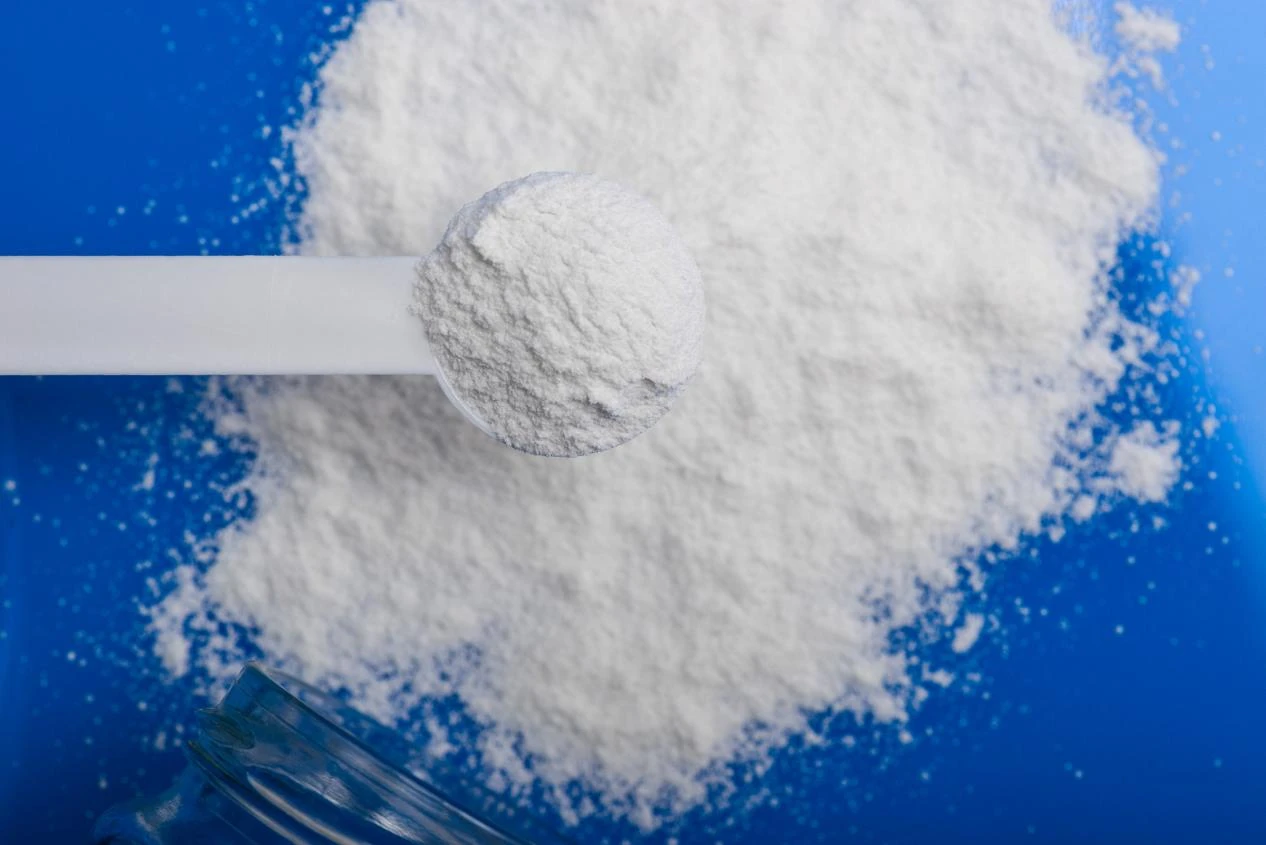
Hydroxypropyl Methylcellulose (HPMC) is an indispensable ingredient in many construction and industrial products.
View More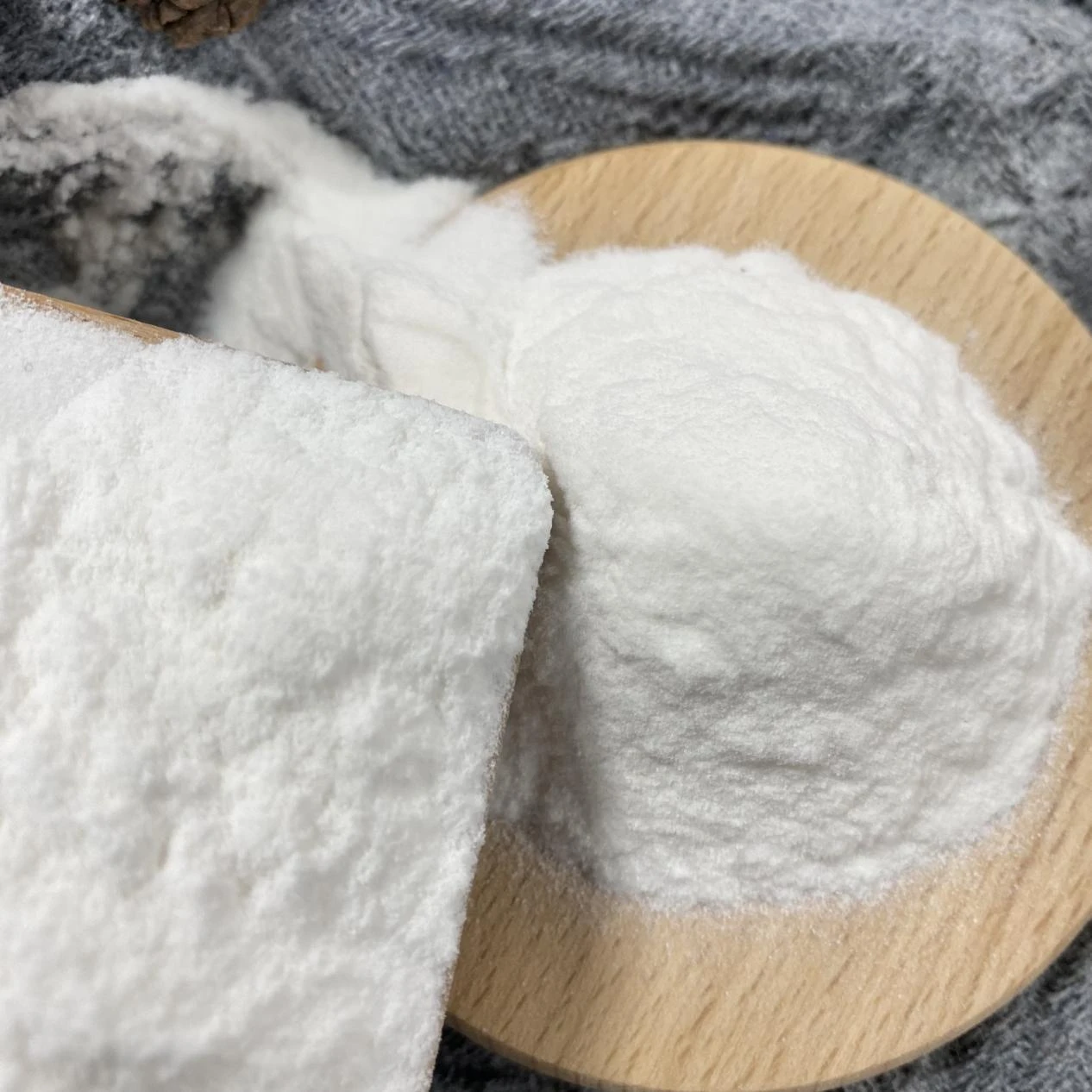
The variation among HPMC types allows formulators to choose the right kind of polymer for their specific product requirements.
View More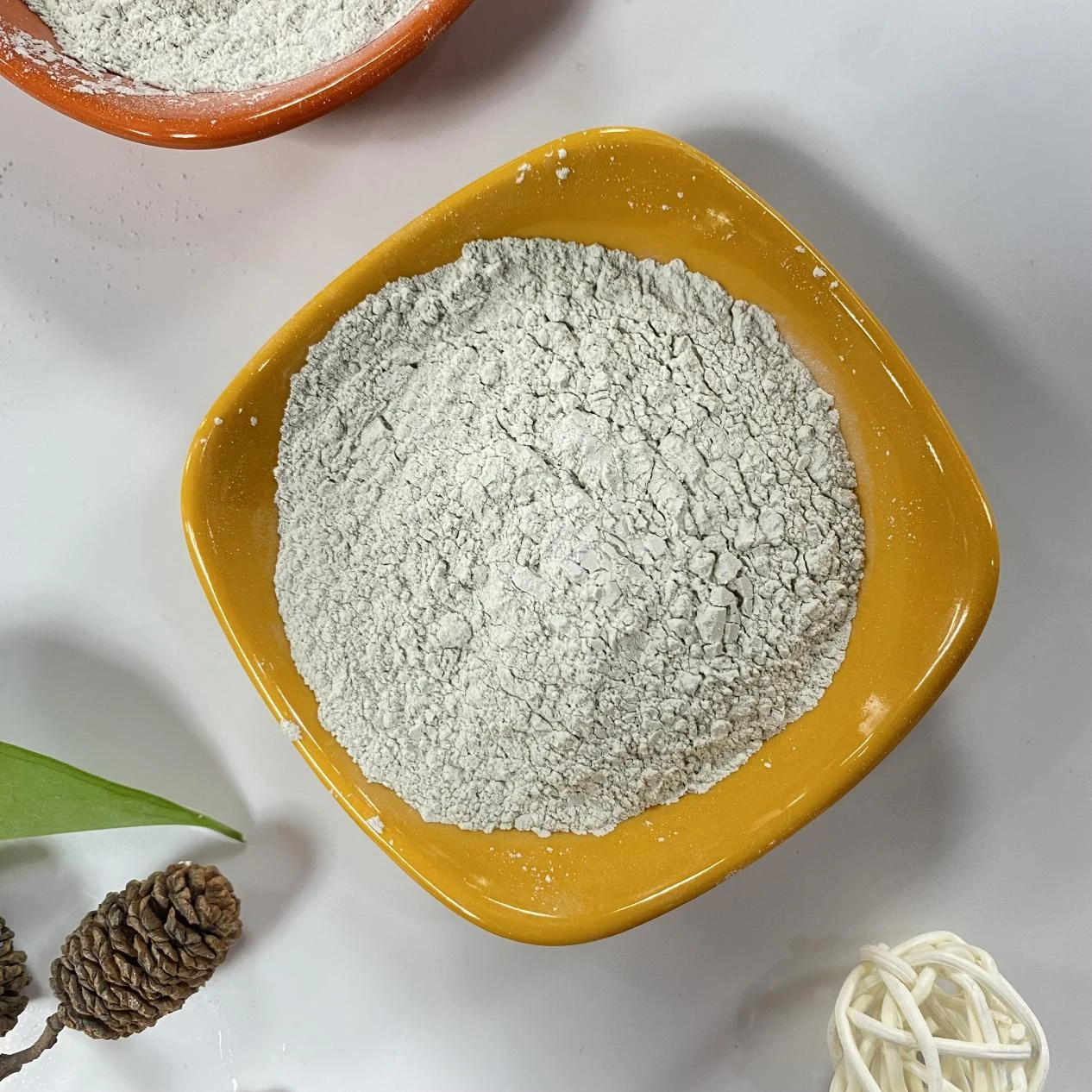
Gypsum-based materials are widely used in construction for their excellent fire resistance, smooth finish, and workability.
View More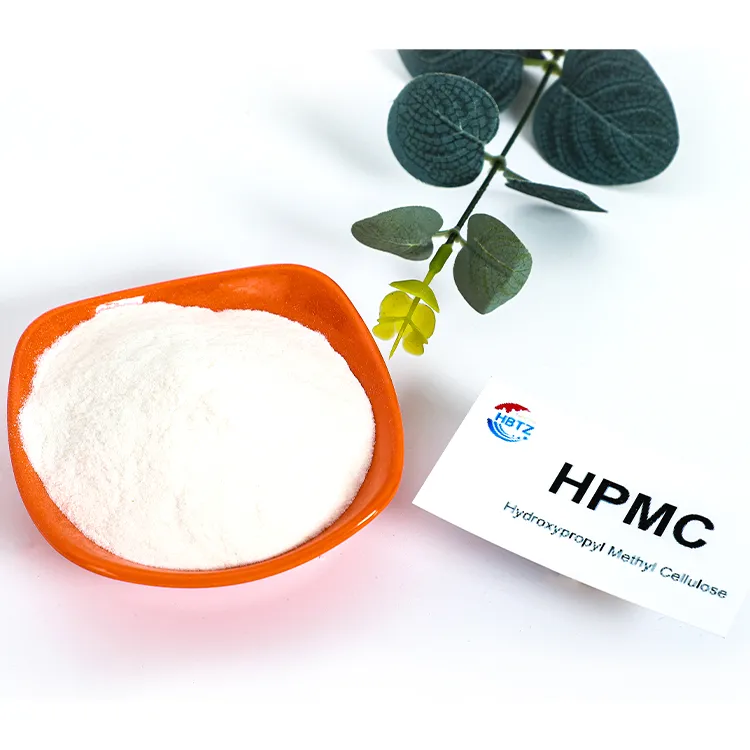
html { font-size: 18px !important; }> Introduction Hydroxypropyl Methyl Cell
View More
html { font-size: 18px !important; }> Introduction to Hydroxypropyl Methyl Cellulose
View More
Foam may look harmless, but in many industrial processes, it’s a problem that can reduce efficiency, damage equipment, and lower product quality.
View More
Gypsum-based products are staples in the modern construction industry thanks to their affordability, smooth finish, and ease of use.
View More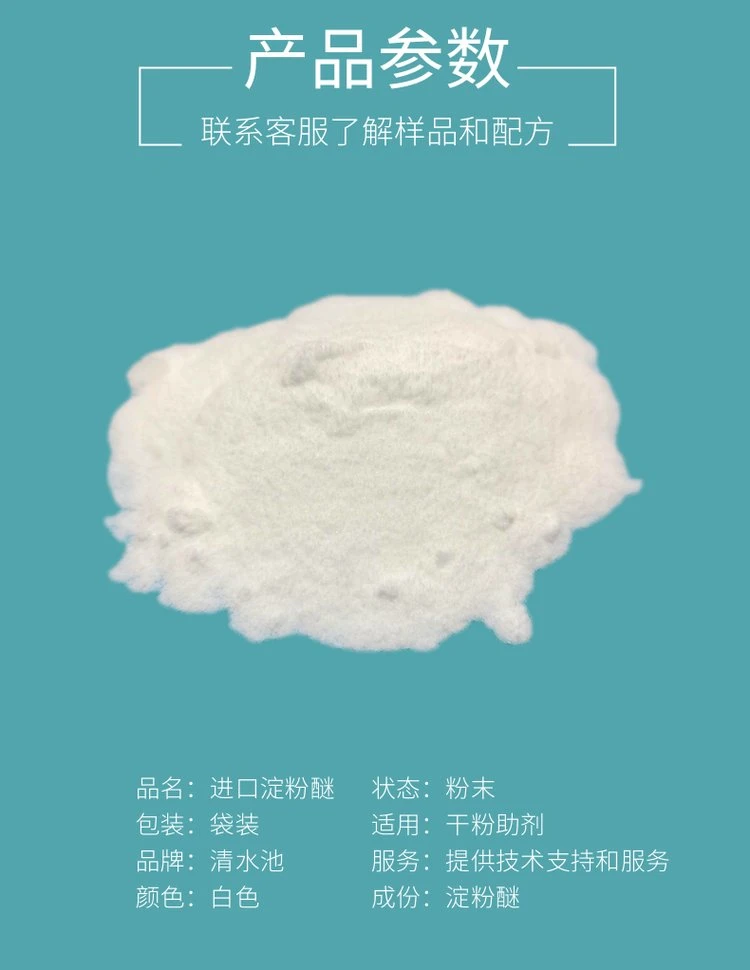
Modified starches have become essential in multiple industries due to their improved performance characteristics and safety profiles.
View More
Hydroxypropyl methylcellulose (HPMC), with the CAS number 9004-65-3, is a high-performance multifunc
View More